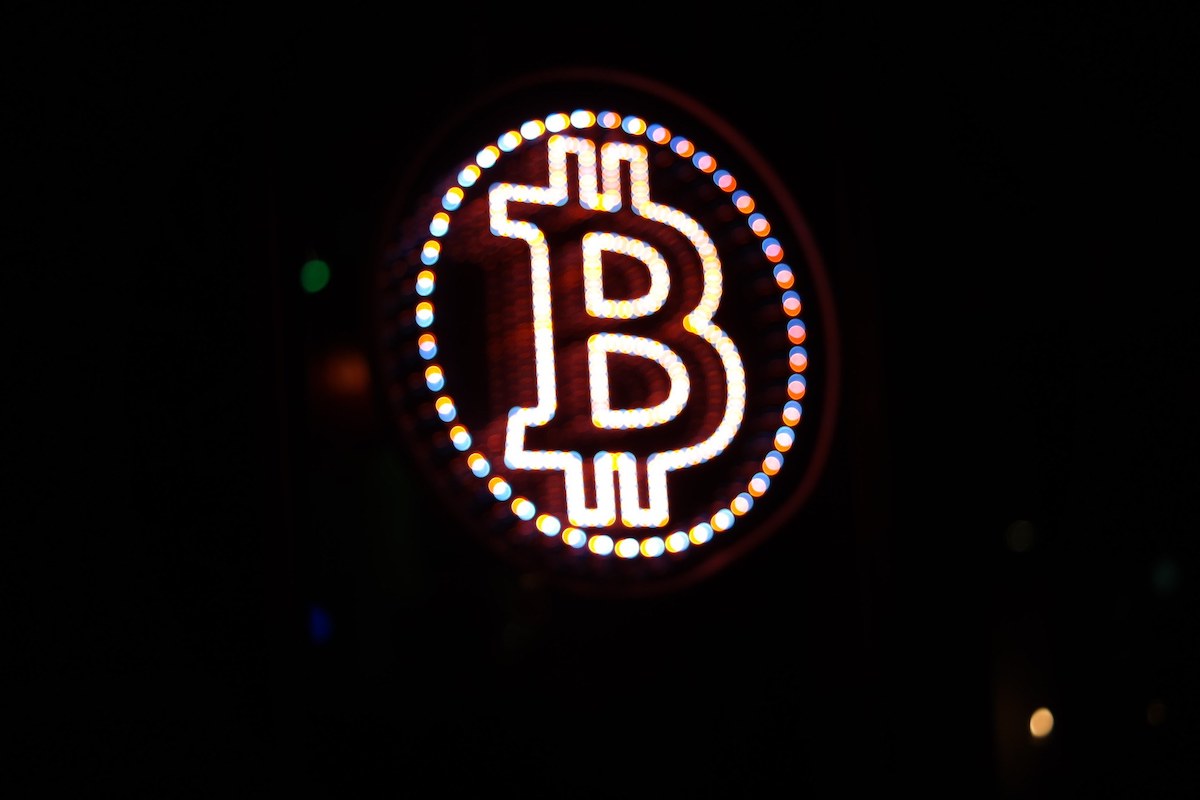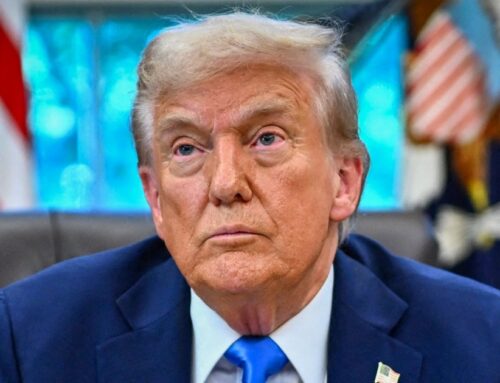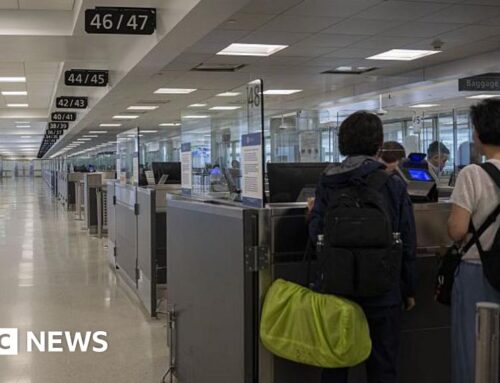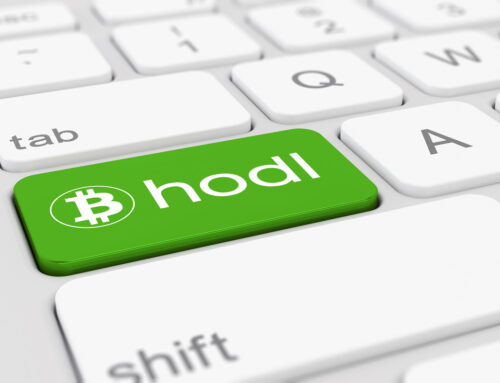Analyst: Bitcoin Adoption to Accelerate Amid Global Unrest
September 21, 2025

Image Source`;
// Find the first
inside .post__content
var postContent = document.querySelector(‘.post__content’);
if (postContent) {
var firstH2 = postContent.querySelector(‘h2’);
if (firstH2) {
// Insert the HTML before the first
firstH2.insertAdjacentHTML(‘beforebegin’, toppicksHTML);
}
}
// Add fathom event tracking for Top Picks
// Wait for the box to be inserted
setTimeout(function() {
var picks = document.querySelectorAll(‘.top-picks .pick-row’);
picks.forEach(function(pick) {
pick.addEventListener(‘click’, function() {
if (typeof fathom !== “undefined” && fathom.trackEvent) {
fathom.trackEvent(‘Clicked Top Pick’);
var pickName = pick.getAttribute(‘data-pick’);
if (pickName) {
fathom.trackEvent(‘Clicked Top Pick: ‘ + pickName);
}
}
});
});
}, 0);
});
Market analyst Jordi Visser believes bitcoin is set for continued growth in both price and adoption as the global financial system undergoes a significant transformation.
Visser, speaking with Anthony Pompliano, argued that declining trust in institutions will fuel investment in bitcoin—a neutral, permissionless asset not tied to governments or legacy organizations.
Declining trust in legacy systems
Visser explained that public trust has deteriorated not only in banks, but also in employers, governments, and national currencies. He stated:
“I don’t trust my employer. I don’t trust the government. I don’t trust the banks. I don’t trust the currency. I don’t trust the debt. I don’t trust anything, and so, I don’t see how you all of a sudden get the trust back.”
This sentiment, according to Visser, aligns with the thesis of the “Fourth Turning,” a concept describing cyclical societal upheaval and change.
Fourth Turning and the K-shaped economy
The Fourth Turning, based on the book by William Strauss and Neil Howe, suggests that societies periodically experience instability and reset.
Visser highlighted that a growing number of people feel excluded from economic prosperity, referencing the “K-shaped” recovery where asset holders benefit while others face increasing financial pressure.
Consumer confidence and inflation concerns
Recent data from the University of Michigan shows that only 24% of Americans expect their spending habits to remain stable in 2026.
Most respondents anticipate higher inflation and rising unemployment, with over 60% expecting job losses.
These trends point to widespread concern about financial stability and the purchasing power of fiat money.
Bitcoin as an alternative
With record-high government debt and increasing geopolitical tensions, Visser and others argue that bitcoin offers an alternative to the traditional system.
As confidence in legacy institutions wanes, bitcoin’s attributes as hard, incorruptible money may become increasingly appealing for both individuals and nations.
Search
RECENT PRESS RELEASES
Related Post




